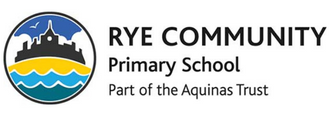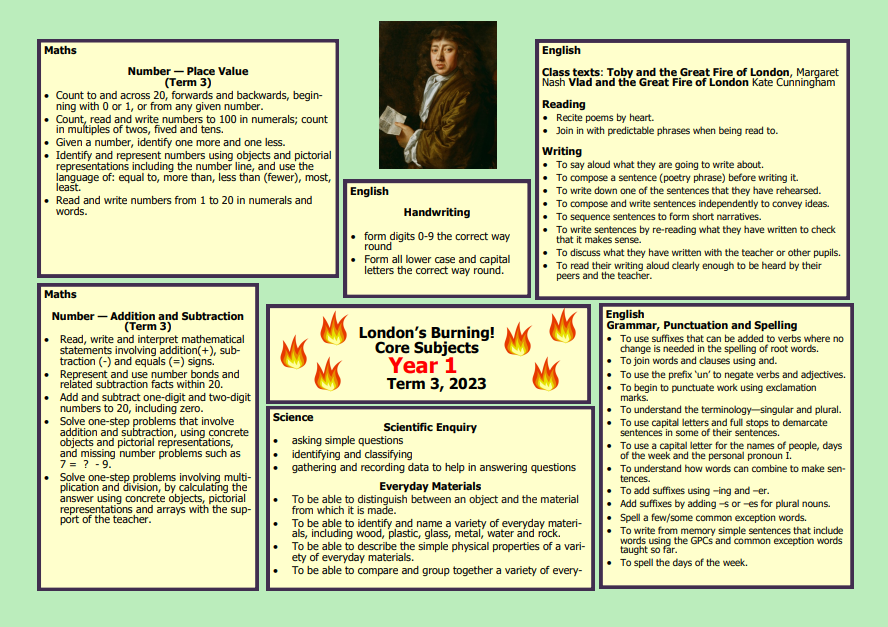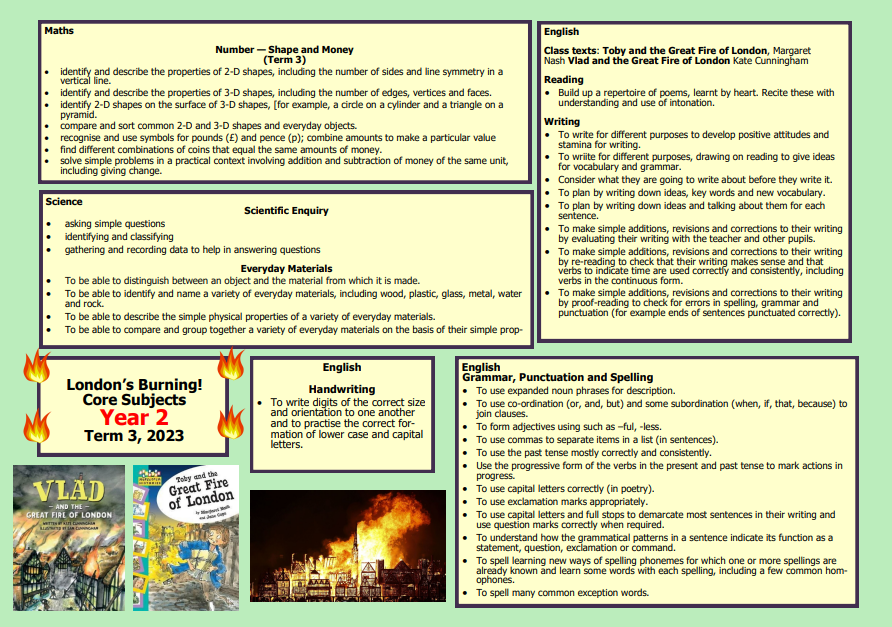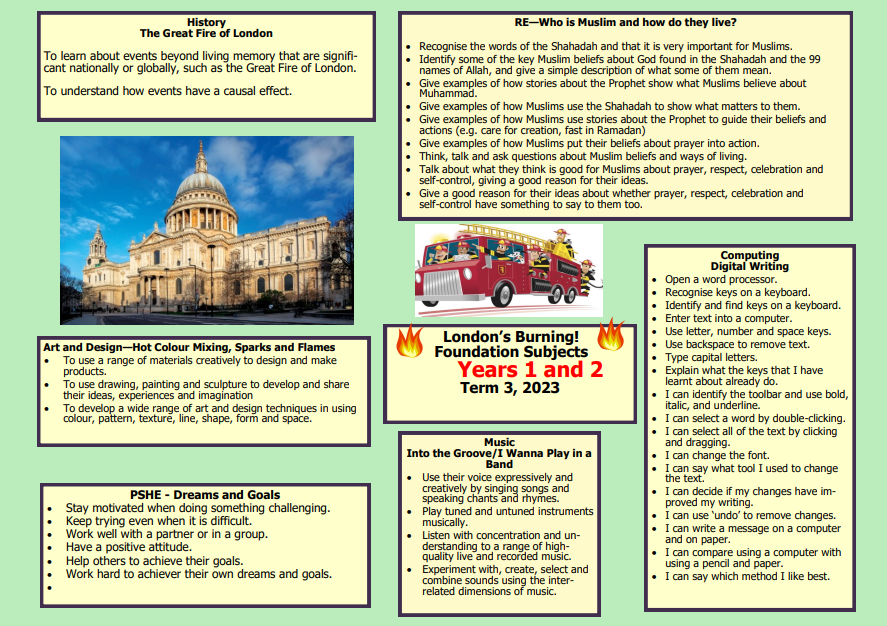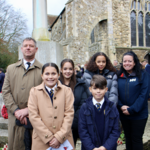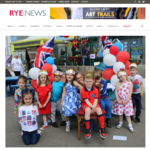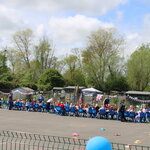Welcome to our Sea Turtles Year 2 Class Page
Please find lots of useful information which outlines what children are learning and how you can support them at home. This includes our termly topic overview, class newsletter, reading newsletter and common exception words.
Term 3
Our Topic Overview
Year 1 & 2 Newsletter Term 3
Term 2
Our Topic Overview
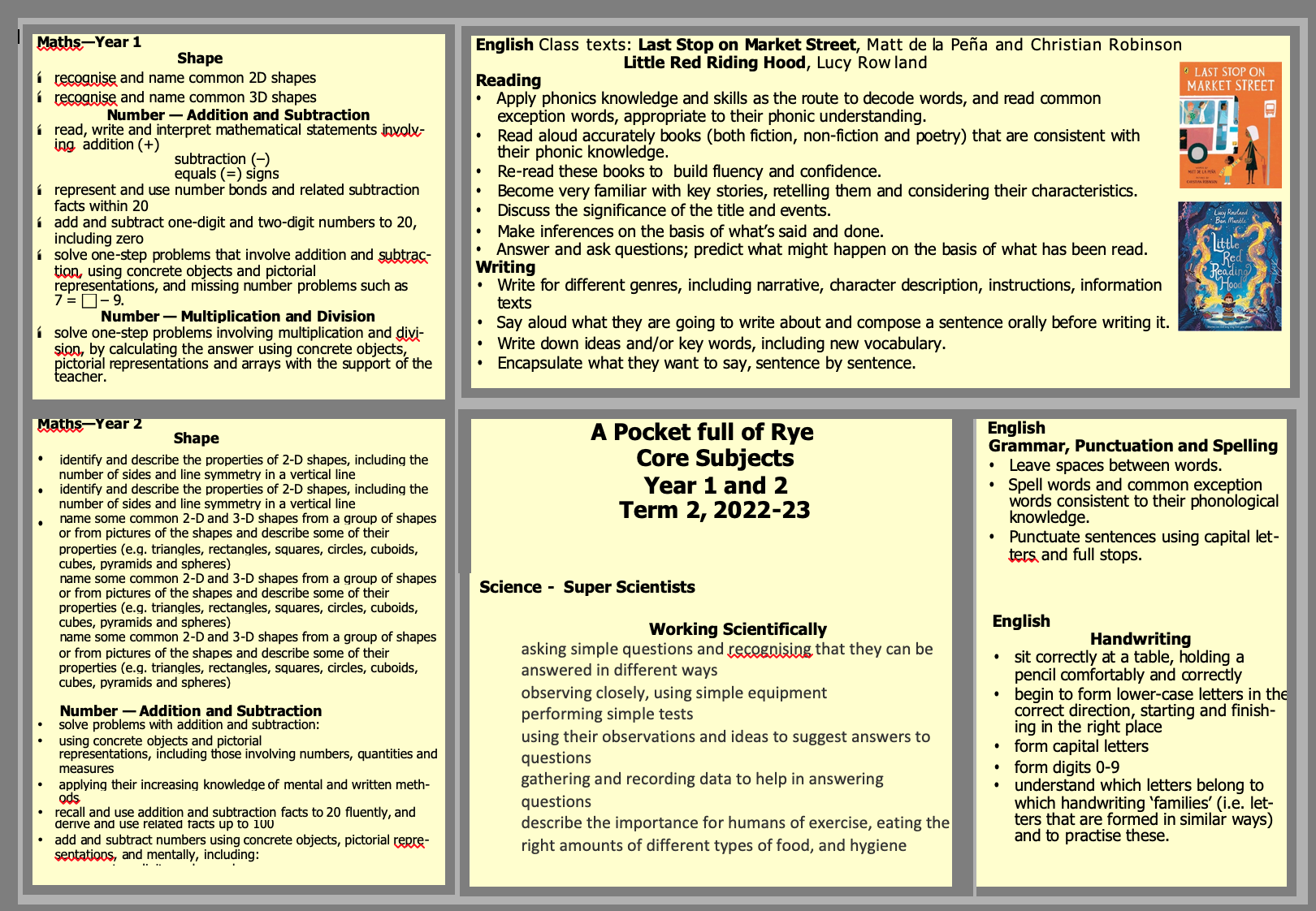
Year 1 & 2 Newsletter Term 2
Term 1
Our Topic Overview
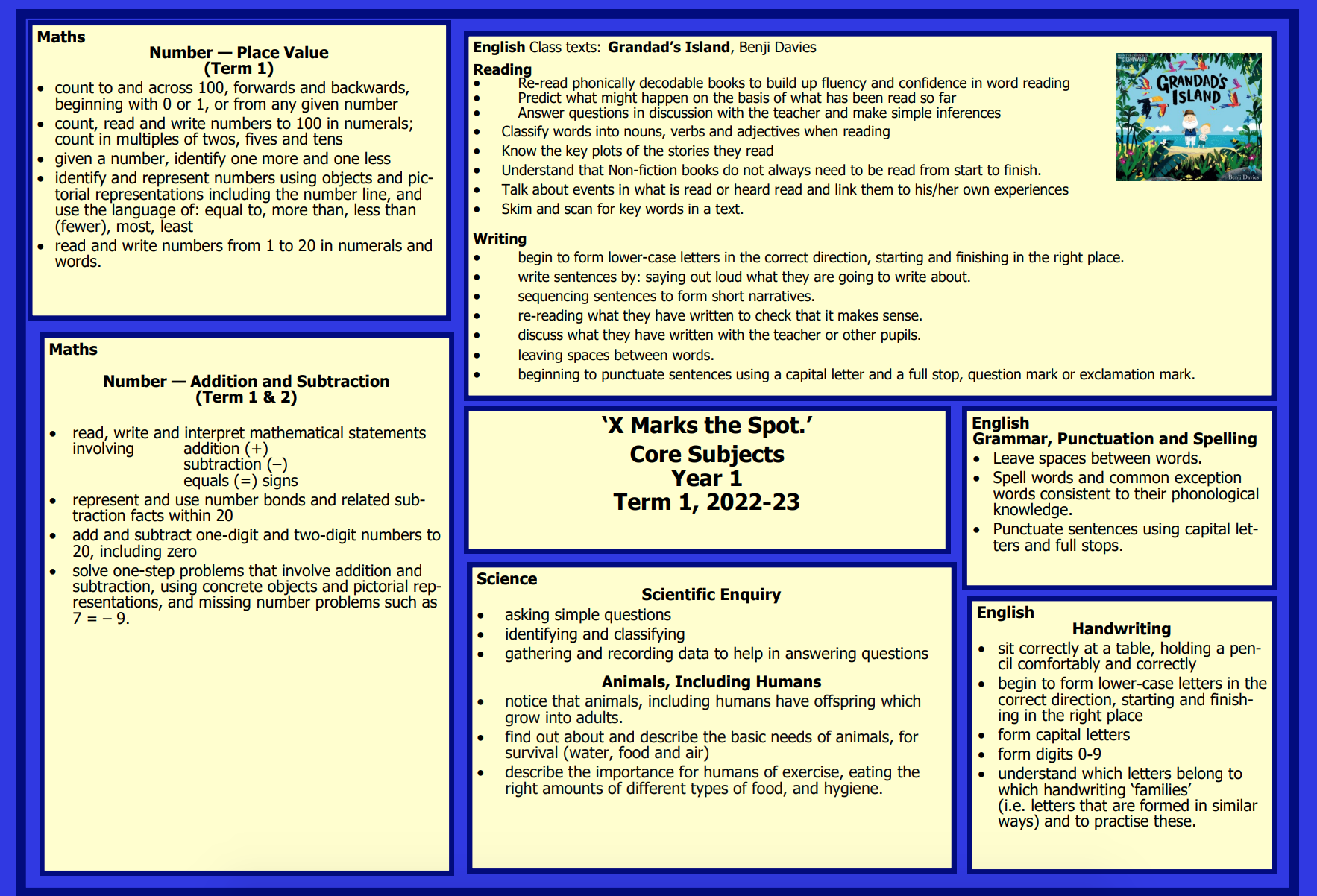
Year 1 & 2 Newsletter Term 1
Year 2 Common Exception Words
Reading Newsletters
